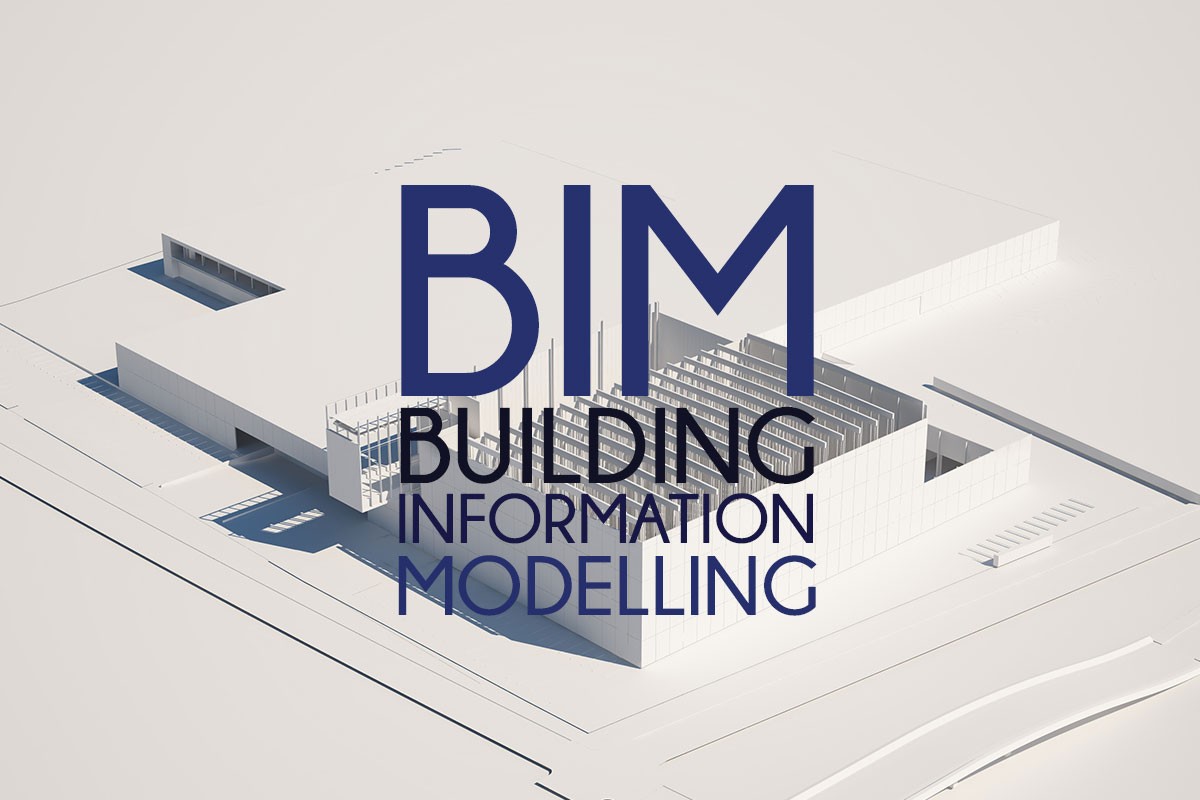The Rise Of BIM In The UAE
It's also an efficient solution for showcasing design options by attractive and detailed visual representations; which can be used for giving stakeholders and investors a better idea and clearer picture of what's to be (or is being) done.
In the western world, BIM management has been a thing for a while now. In the UAE, the idea of using it is still setting. But there are many advantages to BIM, that such organisations should consider. So, let's get to understanding how using BIM will facilitate you.
The Uses Of BIM:
Technology in all its forms is a way forward for us. This goes for all of technology. Many industries have thrived, by taking leaps in evolving their tools and techniques with technological advancements. Even in the construction industry, you'll see many things that increase the management, safety, health, and quality practices around a project and the workers involved. BIM is no exception to the boons. It helps you throughout the following phases of construction:
- It creates realistic model environments, by the combination of real world data and reality capture to ensure a more effective planning cycle for the design and implementation of your project.
- You can create designs, analyze, work on the details and documentations, and pretty much the whole preconstruction process is facilitated by the use of BIM.
- During this phase, fabrication begins using BIM specifications. Project construction logistics are shared with trades and contractors to ensure optimum timing and efficiency
- BIM data carries over to operations and maintenance of finished assets. BIM data can be used down the road for cost-effective renovation or efficient deconstruction too.
The Advantages of BIM:
1. Project Visualization
Project visualization is a big part of the whole process. You can't do that on 2D Paper. But BIM can help you share project plans with 3D visuals earlier on with your stake holders. Clients get a better understanding of what they're paying for, and you can still make necessary big and small changes before you start any physical work.
2. Clash Detection
There's always a possibility of different departs clashing with each other. This puts the project in an awkward condition, where you have to face set-backs and re-dos. The probability of this happening increases by a lot on bigger projects, involving larger teams and a huge amount of people. BIM can help you avoid any situations like, by automatically detecting he possibilty of a clash anywhere within the project. All the departs can retain better co-ordination, and this way you can better avoid reworks and plan ahead.
3. Effective Collaboration
BIM helps people collaborate and share ideas and concepts, within a single project model. People from different areas of work could add in their input and teams can better communicate the requirements of the projects. Being a digital platform, the process is seemless. So reviewing, modifying and suggesting changes to the project models has become that much easier.
4. Model-Based Cost Estimation
Whenever you start work on a new project, there's a need to evaluate the costs and expenditures. That helps both you, and the stakeholders, better evaluate your position on the project and where you need to go from that point. BIM tools do the cost estimation for you. This saves you a lot of time, and gives you an effective estimate earlier on.
5. Safety of Workers
It increases the safety conditions of workers, and helps avoid hazards beforehand. You can do visual safety evaluation through BIM and plan ahead for the proper planning of the health and safety of your teams and workers.
6. Productivity and Prefabrication
BIM data can be used to instantly generate production drawings or databases for manufacturing purposes, allowing for increased use of prefabrication and modular construction technology. By designing, detailing and building offsite in a controlled environment, you can diminish waste, increase efficiency, and reduce labor and material costs.
7. Cost Reduction and Risk Migitation
Another undeniable benefit of BIM is reduction in project costs. With its facility for better co-ordination, reduced waste, and proper documentation, you can save up on a lot of small and heavy costs that would add up to a significant increase in the overall project cost. The same facilities also ensure a better failsafe against risks. A digital project coordinated plan gives you an upperhand over all risk factors and helps you negate them before you even hit the shovel.
BIM in the Emirates Right Now
The government too has been taking steps in regularizing and mandating the involvement of BIM within construction projects. They too, see this as a growing requirement, and the step forward towards the future of the industry. Some companies and contractors do hesitate at the thought of leaving traditional ways, and adapting new ways. But if you want to stay in the race of life, you have to keep upgrading yourself. Why just stay just stay in the race even, why not lead? This, and many other technologies of the digital era are just waiting for you to take advantage of them, and excel at what you do.
In recent years, there have been events such as the BIM Middle East 2020 event, last month. The UAE construction industry encounters several problems as delays and cost overruns. But with the adaption of Building Information Modeling (BIM) solutions is expected to enhance performance and profitability for the industry. Mandating had started back in 2013 with Dubai. Since then, all states have been slowly moving towards BIM mandation. This is a great step for the further development of the UAE, and adapting BIM will help us (the construction industry) make the development easier, quicker, and more advanced than ever before.

Comments
Post a Comment